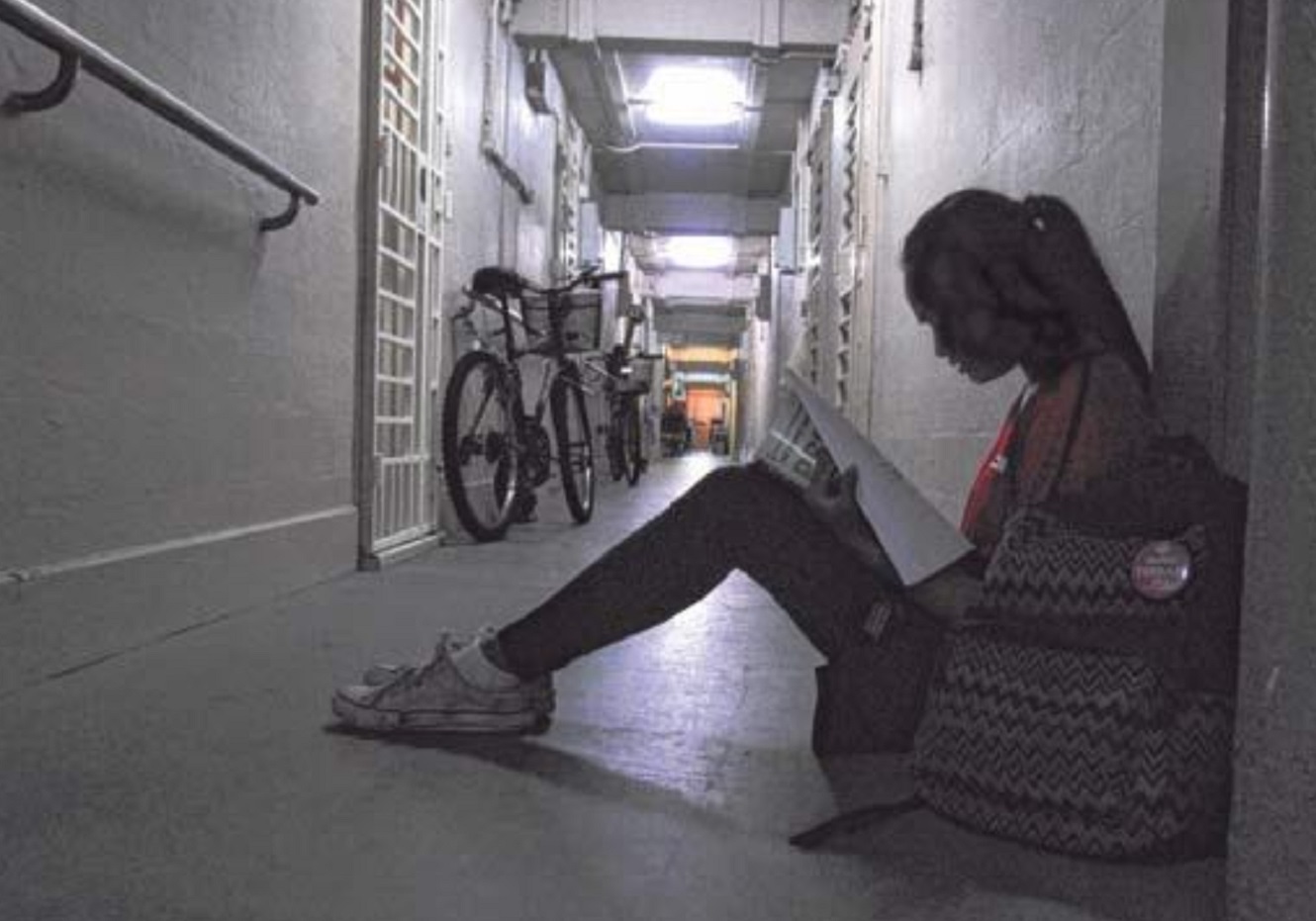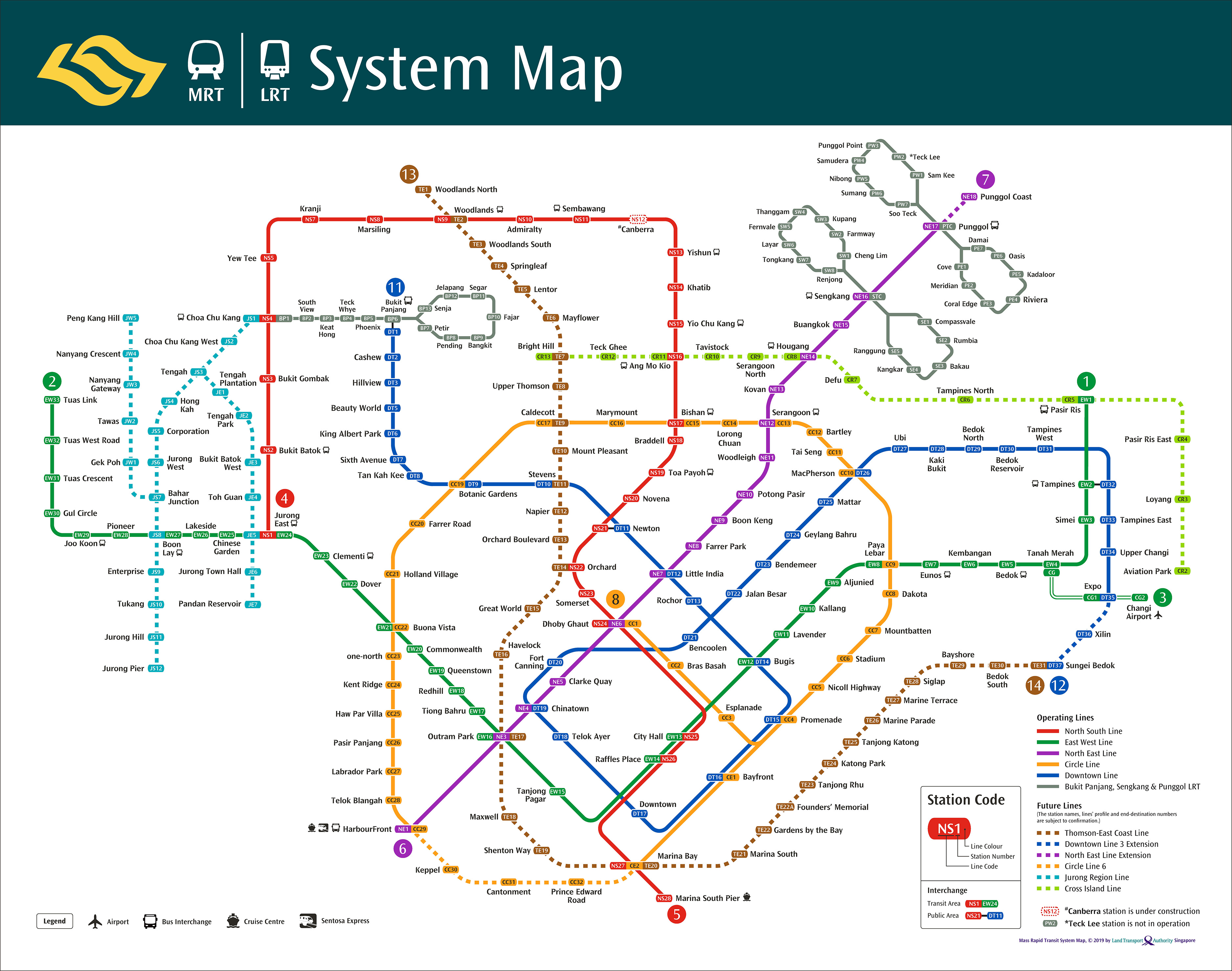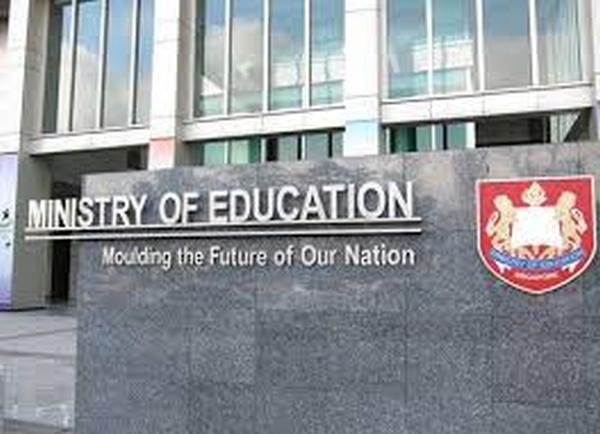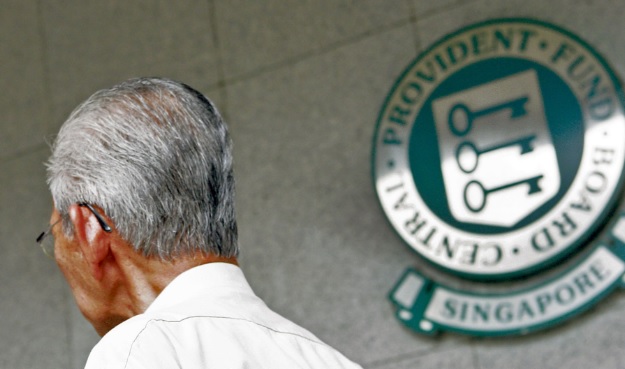Channel NewsAsia recently released a video documenting how poverty affects the decision-making process of people in the lower-income group. Firstly, credit should be given when it's due. Their previous documentaries on class and inequalities were panned by some Singaporeans because they felt that they were making use of the students from the Normanl streams to push home the point that they were trying to make.
This one is different. This one really hits the nail on the head. It is far too easy for us, who are not poor, to push the blame squarely on the poor for repeatedly making bad decisions. However, we fail to appreciate that most of the times, their choices are limited by their lack of access to information, and their circumstances.
They are trapped. They have no other way out. The video highlighted how poor people cannot qualify for entry-level credit cards which may give them access to cash rebates and better discounts. This would make the products cheaper, especially if they buy in bulk.
Then there are those who have very little financial literacy that they spend the money on the wrong things or, like the auntie in the video, buy too much carton drinks that she doesn't need. Many are also mentally and physically constrained as they are normally working punishing long hours in bad-breaking jobs or jobs that require them to stay out in the sun. Good decision-making, doesn't come easily when you are so shagged out. Don't laugh. Just think back when you in NS in the army and how many times the sergeants scolded you because you "shag cannot think!". You really can't think straight.
The government has the responsibility to help people like these to make better decisions. It is not enough to just depend on the voluntary welfare organisations (VWOs) or the NGOs to step in to bridge the gap. Such organisations are also constrained by their lack of resources.
Financial literacy is one key aspect of it. When you are poor, you cannot spend it frivolously and every cent counts. It is a good initiative to introduce such lessons in the ITE. However, they should start this in secondary school. It is a life skill that parents from the lower income group may be ill-equipped to impart to their children. So the cycle goes on and on. It is not just about repeatedly telling children that money is precious and they need to save. They need to know why, how and what they can do about it. At the secondary school level, most students are already managing their own pocket money. If they don't start young, they may never do.
Poorer families must be given better financial counselling such as on insurance etc. They need advise from professionals not a counsellor who may not be as well qualified to talk about money management as an accredited professional. Having the knowledge empowers them with options. When you don't have knowledge, your options appear more limited and the chances of you making the wrong decisions are higher. VWOs, NGOs and even the community centres should be given more resources to provide better quality financial literacy education.
On top of that, the Singapore government should also not dismiss the value of handouts. Yes, you don't want to create a handout-dependency mentality among your poor but it does not mean that you avoid giving handouts. Handouts are important because without the handouts to supplement their incomes, the families will struggle even worse because they cannot run away from inflation and the rising cost of living in Singapore.
Singapore is moving forward quickly. The government needs to slow down and our fellow Singaporeans who are falling behind.
The writer, Faith, has faith in Singaporeans.




















